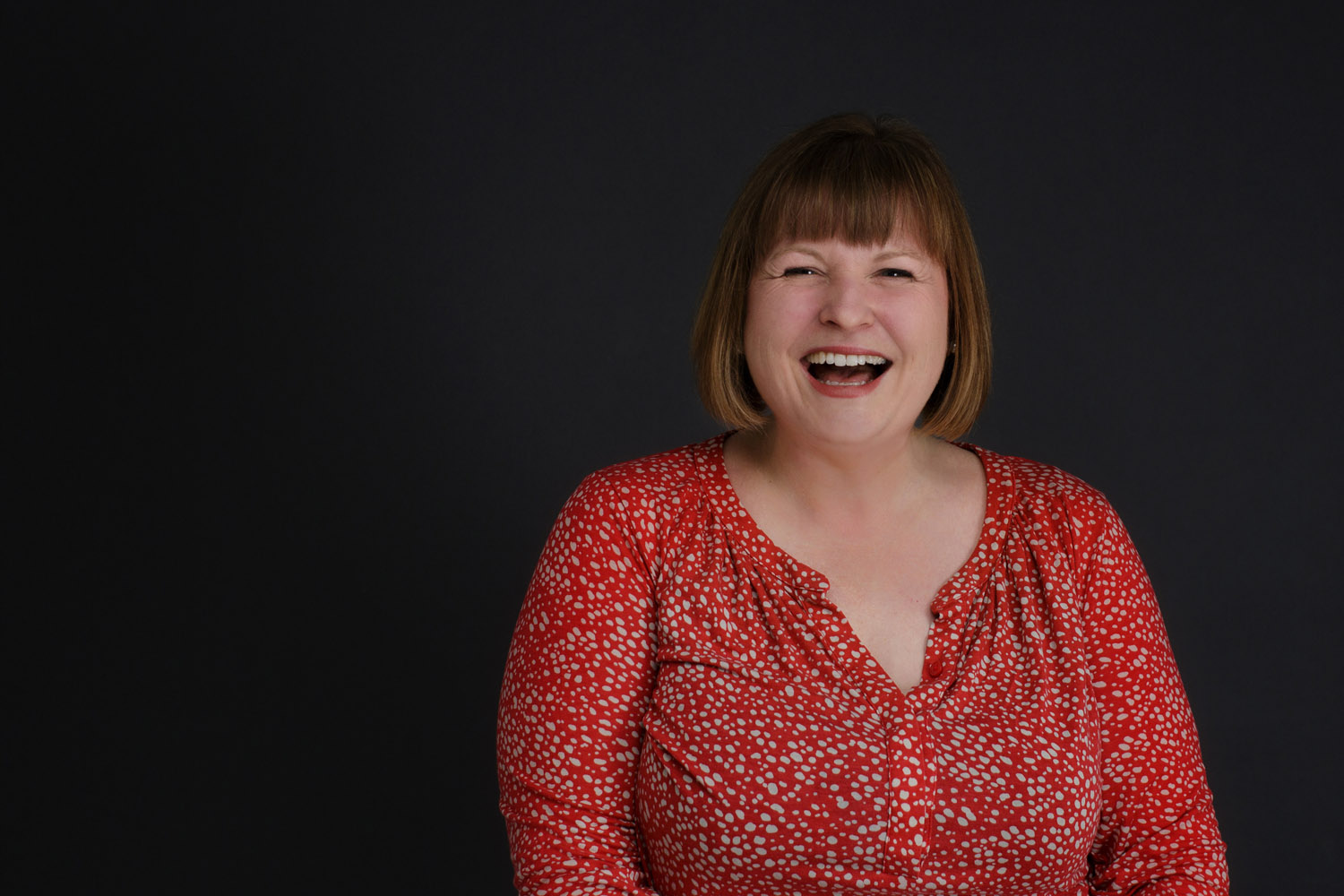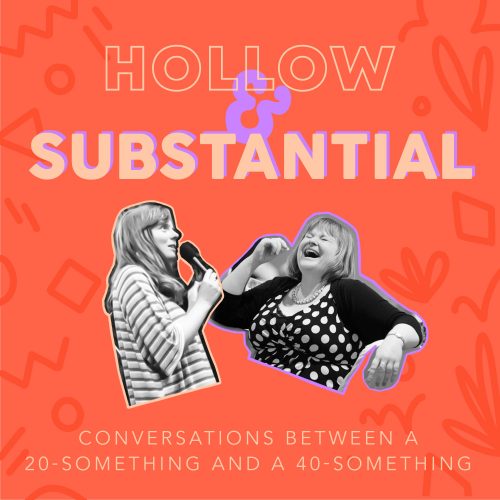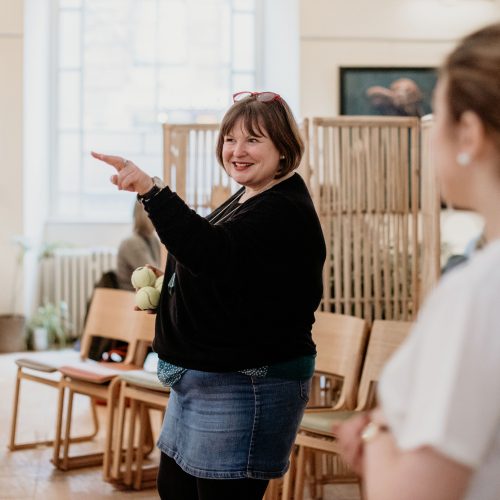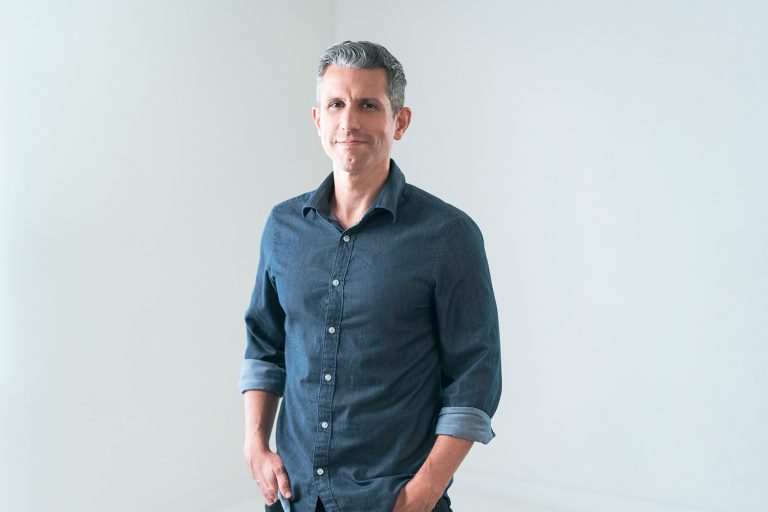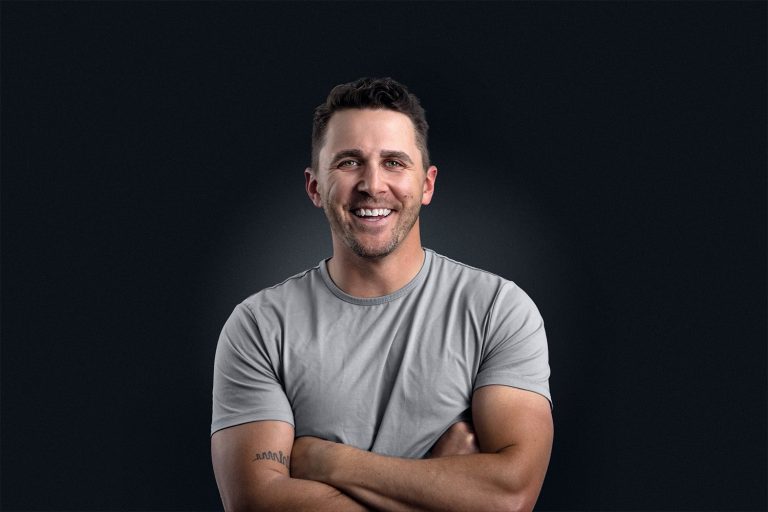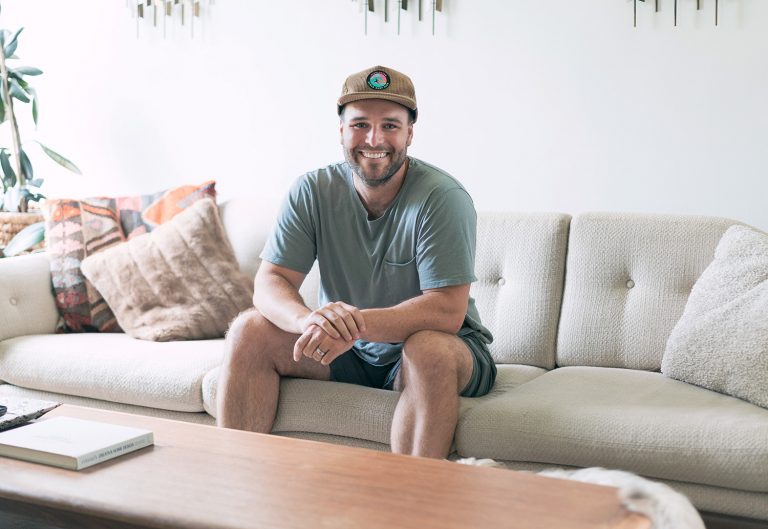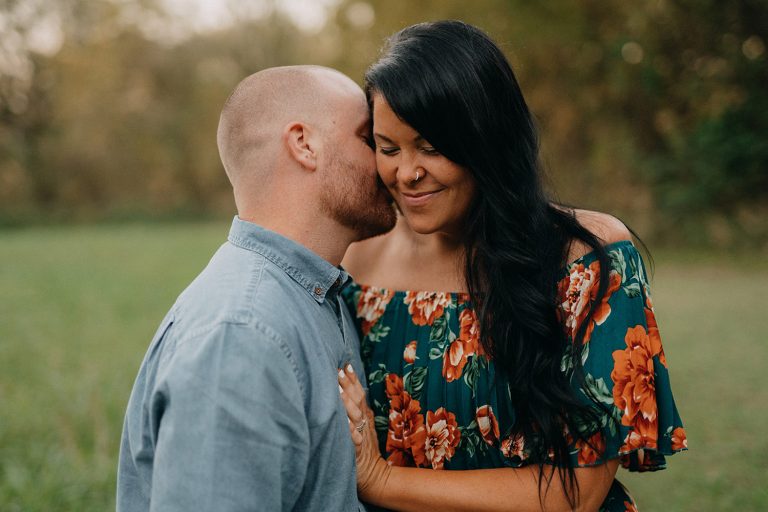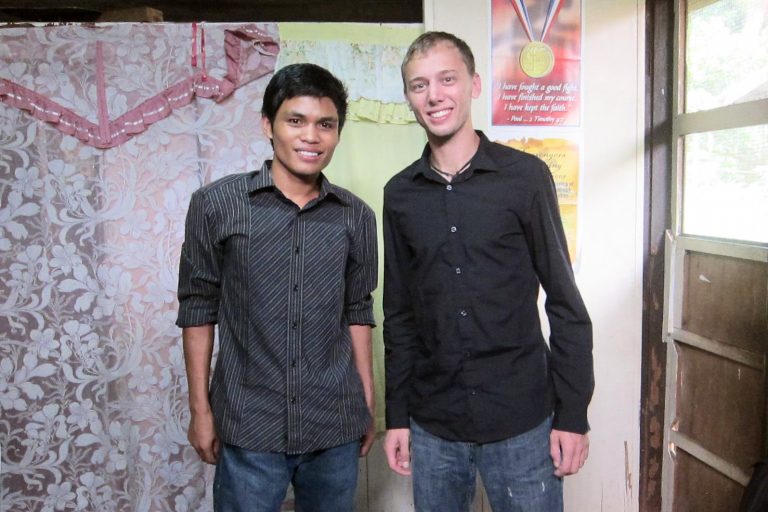Fiona
Foolishness of God
Hello, my name is Fiona. I am uh… what am I? I think I’m a jack of all trades. That’s quite often how I describe myself, I guess. I’m a performer and I’m a writer. So I’m a creative. I do quite a lot of creative consultancy. I do voiceover work. I have a few podcasts. Yeah, jack of all trades. I’m based in Scotland, based in Glasgow in Scotland. I’m not from Glasgow, I’m from Edinburgh. So I’m from Scotland’s other big city. But I’ve lived here in Glasgow for five years. My training was as a lawyer originally, and then I didn’t, didn’t get work and was pursuing God. And God spoke to me very clearly through a number of different things when I was in my early 20s, about a call into youth work, particularly working in schools.
So I wanted to tell young people about Jesus, that was the kind of bottom line of what I was doing in my job, in my ministry. I did a bit of puppetry, I did quite a lot of drama, I did lots of drama workshops. I just increasingly felt I needed to specialize in what I was doing. So other people thought I was an expert in drama, and I could pretend to be an expert at drama, because people who are good at drama are good at pretending. So I was leading all these workshops, but feeling to be honest, a bit of a fraud, but all of that because I knew that I didn’t actually have any full training. And yeah, having a law degree wasn’t much use in training people to do drama.
So yeah, I made a decision when I was in my late 20s. I really was seeking the Lord about all of this. There was this call from the Lord that was basically sell up, sell your house, give up your job, give up the stability of that and move down to London, go and study to be an actress, which feels a bit like running away to the circus, and at the same time, I’m kind of thinking well, how does that fit Lord, with the passion You’ve given me for this city? This particular city I live in, people who are here? Hmmm, I don’t know how that fits. The Lord kept bringing me back to verses in First Corinthians. First Corinthians 1:25, it says, “For the foolishness of God is wiser than human wisdom. And the weakness of God is stronger than human strength.” And I think the whole thing of going to drama school broke down a lot of my, I guess my preconceptions of how God works.
I had existed in my 20s, in quite a Christian cultural environment, I had existed as this person who worked for scripture union, I went around schools, I told people about Jesus. It was very easy on one level, I think, to share my faith. Going to drama school, I guess stripped away all the layers of that stuff. So suddenly, I was in an environment where there were one or two other Christians, but we were all quite different in our flavor of faith. And actually, the vast majority of people I was encountering, were not, were not believers. And I was, as I suppose, you know, is always the case, you’re being asked to do things and think about things that push you in terms of what you’re prepared to do, what you’re prepared to see. I guess I was in an environment where there was a whole lot of other philosophies and ideas and beliefs floating about. That’s one thing about actors, they’re great because they love ideas, and they love thinking about ideas, and they love embodying ideas and playing around with beliefs. But often, they’ll flirt with an idea of something for a while and then they’ll move on to flirt with something else. Meanwhile, I’m sitting with this passage thinking, Yeah, what is it about foolishness, Lord? What is it that You want to do with foolishness, in my home nation in Scotland?
At the same time, I was thinking, I want to do this theatre company. What would I call the theatre company? I came up with the name the Lord had given, the name Foolproof. It’s going to be a Foolproof Theatre Company. So that works on so many levels, doesn’t it? Because it taps into this idea of the foolishness of God. It taps into the idea that a fool in the medieval court, the fool was the truth teller. So in the medieval court, the jester could play out things, make comments, and could tell stories that would be acceptable to the king. But sometimes the fool could see things that nobody else could. I thought, That’s really interesting. So Foolproof, that’s the idea. So here I am. I’m planning to go back to Scotland. I’m thinking to myself, you know, I’m going to rock up in Scotland. Scotland is going to welcome me with open arms. Because why wouldn’t they? They’ll be rolling out the red carpet. “She’s back! Yes! She has come with her new knowledge to share with us!”
And of course, you can tell where I’m going with this. The reality was probably a bit less glamorous. I mean, don’t get me wrong. There were, I’ve had so many amazing opportunities to work in partnership with churches, work in partnership with organizations, loads of young people particularly and I guess older people as well, impacted by what Foolproof has done. But it’s been really hard. There’s definitely been moments where I thought, I just want to walk away from this actually. Or I feel like it all sits on me to make the thing work. I think there’s been times when I’ve kind of felt, Lord, do any of those calls that I’ve had to go and do youth work, to go to London, to come back to Scotland to, to think about foolishness – Is that real? Have I made that up, you know? So I’ve had some, I’ve had some dark moments, I would say with it. But, there’s always been those moments of individuals impacted.
When I lived in Edinburgh and Foolproof was in quite early days, we were trying all sorts of different things and one of the things we did was a crafting group called Granny Green’s Big Night Out. Subtext, A big night out for people who secretly like staying in. So it was full of interest. (ha ha ha) Basically, I had a crafting night in a pub and people would just come to the pub and they would sit there and do whatever it is. And I am terrible at crafts! I mean, I’m not being modest when I say this, I’m just not good. It became a bit of a joke that I would have to keep asking people, “How do I, how do we cast onto this crochet? I can’t remember how to do it.” It’s embarrassing, because the other people in the group were really good at it. But, what I was there, I guess, to do was be the extrovert in the room and, and be the social glue, who could keep the conversation going and be the foolish one, actually. Because in that context, foolishness looks like some sort of chump who comes to a crafting group and doesn’t know how to knit (ha ha) and has to keep asking for help.
That was a massive thing that God taught me about mission, I think. That we so often go in knowing the answers and wanting to sort it for people and being the ones who…Even practically, you know, if a church wants to use a crafting ministry, we’ll do it in our premises, and we’ll sort it out. We’ll do the tea and coffee and we’ll, we’ll kind of have a topic for discussion. But, this was a group that met in a pub. I couldn’t organize the crafting stuff, because I didn’t know what I was doing. I also was the one in the, in the room who was the least capable (ha ha) at the thing I was trying to do. But you know, the relationships that came out of that group were amazing. The friendships and you know, there’s somebody who became a Christian through it. It’s just phenomenal. And I quite often think, Is it because in my weakness and my vulnerability, I was prepared to say, “All right, Lord, I just don’t know what I’m doing here. You need to do something with this.” And, and I think it probably was. And I think that works in our faith as well. When we’re prepared to say, “You know what? I actually haven’t got this worked out. Because, you know, I don’t know the answer to that question. Or, I can’t give you a theological explanation, but I can tell you my story of how God’s worked in my life.” It’s just like cliche, isn’t it. But it’s that idea that’s really all it is, is that I am a beggar who’s found bread and I want to share it. If I can do that, through, you know, being a bit foolish and tell…I love when I write something that makes people laugh, and then brings them up short, and makes them think. That’s always my, my, my goal for when I write, particularly when I write drama. That people are, you know, they enjoy themselves. That they’re being brought along by something and then all of a sudden, they’re confronted with a truth that they hadn’t thought about.
So I wrote a play a few years ago called Help Yourself, which was in partnership with International Justice Mission. I think about land grabbing, not the most glamorous topic to think about. We were taking true stories, and we thought, How do we tell these stories? Because, you know, it could just become a night of real, you know, really difficult pill to wrestle with. It was a story of a woman who battled for years, actually, through the courts – She was Ambien. – to get land that had belonged to her husband when he died, to get that back from his family. And it was a horrendous story of, you know, because she was a woman, because she was a widow, there was real injustice for her.
Actually, what we ended up doing was we made the stage look like a giant board game. And we had two characters, one of whom was this woman and the other was the brother, who grabbed the land from her and we had a game show host. So the whole thing was a kind of board game slash Game Show. We had music that was really kind of exciting music. We had, you know, a giant dice that was thrown and every time the dice is thrown, you then, you know, move and you could try to win. And there were lots of silly things like you’d find in a board game, like, “Oh, you’ve got to move back three spaces because you’re a woman, sorry. I’m sorry. Oh, you’ve landed on that square? That means we’re going to take everything away from you again, and you’re not going to get justice.” And it was funny. It was really good. It was really fun to do as a piece of theater. But one of the things that somebody told me, somebody wrote me a lovely email after coming to see it and she said, “It was so clever.” She said, “I was absolutely carried along by the fun of the whole thing and it is hilarious that every time the guy throws the dice, he gets to move forward and every time the woman throws the dice, there’s some reason, or she has to carry extra stuff.” And then she said, “I suddenly had this revelation moment of, actually this is somebody’s real story. This is somebody’s real life and what seems absurd is revealing a deep truth.”
And so I suppose, this is a long, long story, to say, there’s faithfulness. Do you know, there’s faithfulness in the foolishness? There’s faithfulness in the embodiment that Jesus came as an embodied living, breathing, crying, laughing human being. And actually these things are, that’s important, that’s important that we don’t lose in our arguments, in our apologetics, in our desire to win people for Christ, we actually don’t lose sight of the fact that the way He chooses to do that is through foolishness. And that can be an embodied thing. And it can be a playful thing. And it can often be a small, insignificant thing. Because when I look back, a lot of the time, I felt like what I was doing was quite small and insignificant. And, you know, conversations I was having with people, or just little things that didn’t seem to go anywhere, moments of what feels like failure, actually, those are the moments that I think God can use to do the most extraordinarily enormous things. It’s the mustard seed.
The mustard seed is really important to me as a concept. That actually the kingdom of God, it doesn’t come in – Don’t get me wrong, sometimes it comes in grand plans and big visions and that’s important. – But more often than not, I think the kingdom of God comes in the mustard seed moments, in the little conversations, in the hearing what He’s saying, in the obedience to what He’s calling me to, those little moments of noticing. And I think for me, 2020 and now into 2021, has affirmed that notice. There’s almost a call to notice what I’m doing.
I have fallen into the trap before, thinking my spiritual experiences need to be big. Significant. And sometimes God does that, you know, sometimes He just gets you [snaps] like that. But then there’s other times where it’s that little moment of, it’s the noticing. It’s the little moment when I’m walking down the road that He actually wants you to come pray with that person. Ohh, that’s a little bit scary. Okay, I’ll do it. Or, you know, He wants me to notice what’s happening just outside my window, because, well, just because. The more I press in, the more I step out in the Spirit, the more in tune, I guess I am…And as an actor, it’s like improvisation. So an improvisation, you kind of, the best improvisers know how the structure works. But they just go, they go with the flow and it’s actually that the important thing is about listening. So to improvise well you need to listen to what the other actor is giving you, and respond in the moment of it. So if you overthink it, you lose it. There’s a freedom of really existing in the moment of that. And I think sometimes we, I think as Christians and as Western Christians, we give some of that away to Eastern mysticism. We dismiss it. But actually, you know that trusting in the Spirit, that being in the moment with Jesus, giving up of, surrendering my plan, surrendering my idea of what the Holy Spirit’s gonna do. There’s, there’s real freedom in that.
I feel like I’m on a one woman campaign to challenge people. Because I meet people all the time, who say, “I’m not creative.” That’s the phrase they use, “I’m not creative.” And I find myself saying, “I think that’s kind of blasphemous, actually.” Is that right? I think it is, to see that as blasphemous. Because what you’re doing when you say you’re not creative, is you’re denying the image of God in you. So we’re all, we are all created in the image of the most incredible Creator God. And of course, the fall comes into that. So of course, our creativity is bent out of shape and it’s, you know, unless it’s redeemed by Christ, then then it’s going to be a faulty fallen version. But we are all creative. And, you know, I’m a new creation, I’m a new creation. So what does that mean? I’ve come into this new creation, this new creativity. What does God have for me in that? What, Lord, what have you got for me? Rather than hanging about with the, “Well, that’s what I used to be.” It’s important they don’t forget that. Of course it is. It’s important that we know what we’re saved from. But it’s also what you’re saved for. What am I? What are You doing in terms of building a new heaven and a new earth? What is my part to play in that?
And it’s a trust thing, isn’t it? It’s like saying, you know, if I really believe that I’m a new creation, I really believe that the old has gone and the new has come, then I’m filled with a Spirit who will enable me to walk into that.
I wrote a poem quite early on in 2021 and it was about the fact that really, there was nothing I could do because we were in lockdown at that point. There was nothing I could do other than sit at my window and look at what was going on. You know, to look at a bird, to look at a flower, is to slow down and do that, but actually that seems like such a small thing but it’s enough. The poem is called Enough and it’s about being enough and trusting that He’s enough for me. Maybe some people who’ve got more wit about them, maybe they get that earlier on in life. It’s taken me to almost 50 to really understand that. That I am enough and He’s enough. And that’s enough.
Enough
It is enough to wait here.
To look out of the window
and observe the slowness of the light
and the magpie on the ledge.
It is enough to settle my soul
and allow the tears to well within my heart
and not fear the refusal of my eyes to release them.
It is enough to plead and scream for the pain beyond
that barely brushes the walls of my privileged cocoon.
For You are enough, and I am enough.
My fumbled attempts, my desires,
my intentions to greatness need leave no mark.
I am enough.
You do not demand nor prescribe,
condemn, nor chide me to more.
To be more, to do more, to give more.
I am enough.
And, “Enough.” You declare
to accuser’s command
that demands my attention,
diverts my intention,
diminishes my devotion.
Honing in on my joy
with beady eye pecking at my contentment
until trust breaks loose
and is stolen away in avaricious beak.
It is enough to wait here.
To look out of the window
and watch the slowness of the light
and the magpie on the ledge.

